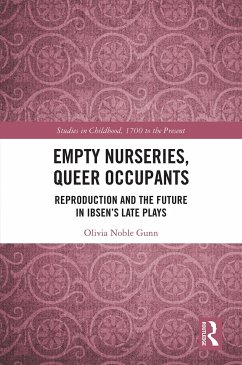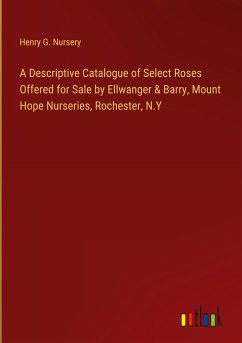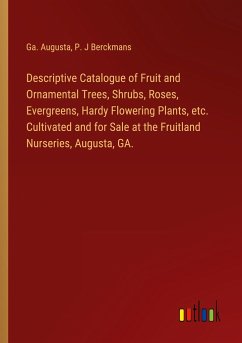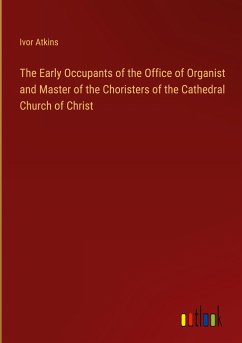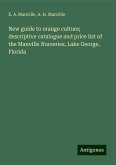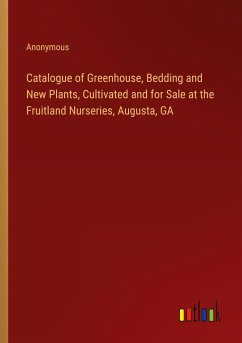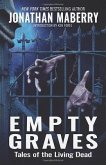Who is the proper occupant of the nursery? The obvious answer is the child, and not an archive, a seductive troll-princess, or poor fosterlings. Nevertheless, characters in Hedda Gabler, The Master Builder, and Little Eyolf intend to host these improper occupants in their children's rooms. Dr. Gunn calls these dramas 'the empty nursery plays' because they all describe rooms intended for offspring, as well as characters' plans for refilling that space. One might expect nurseries to provide an ideal setting for a realist playwright to dramatize contemporary problems. Rather than mattering to Ibsen in terms of naturalist detail or explicit social critique, however, they are reserved for the maintenance of characters' fears and expectations concerning the future. Empty Nurseries, Queer Occupants intervenes in scholarly debates in child studies by arguing that the empty bourgeois nursery is a better symbol for innocence than the child. Here, 'emptiness' refers to the common construction of the child as blank and latent. In Ibsen, the child is also doomed or deceased, and thus essentially absent, but nurseries persist as spaces of memorialization and potential alike. Nurseries also gesture toward the domains of childhood and women's labor, from birth to domestic service. 'Bourgeois nursery' points to the classed construction of innocence and to the more materialist aspects of this book, which inform our understanding of domesticity and family in the West and uncover a set of reproductive connotations broader than 'the innocent child' can convey.
Hinweis: Dieser Artikel kann nur an eine deutsche Lieferadresse ausgeliefert werden.
Hinweis: Dieser Artikel kann nur an eine deutsche Lieferadresse ausgeliefert werden.

